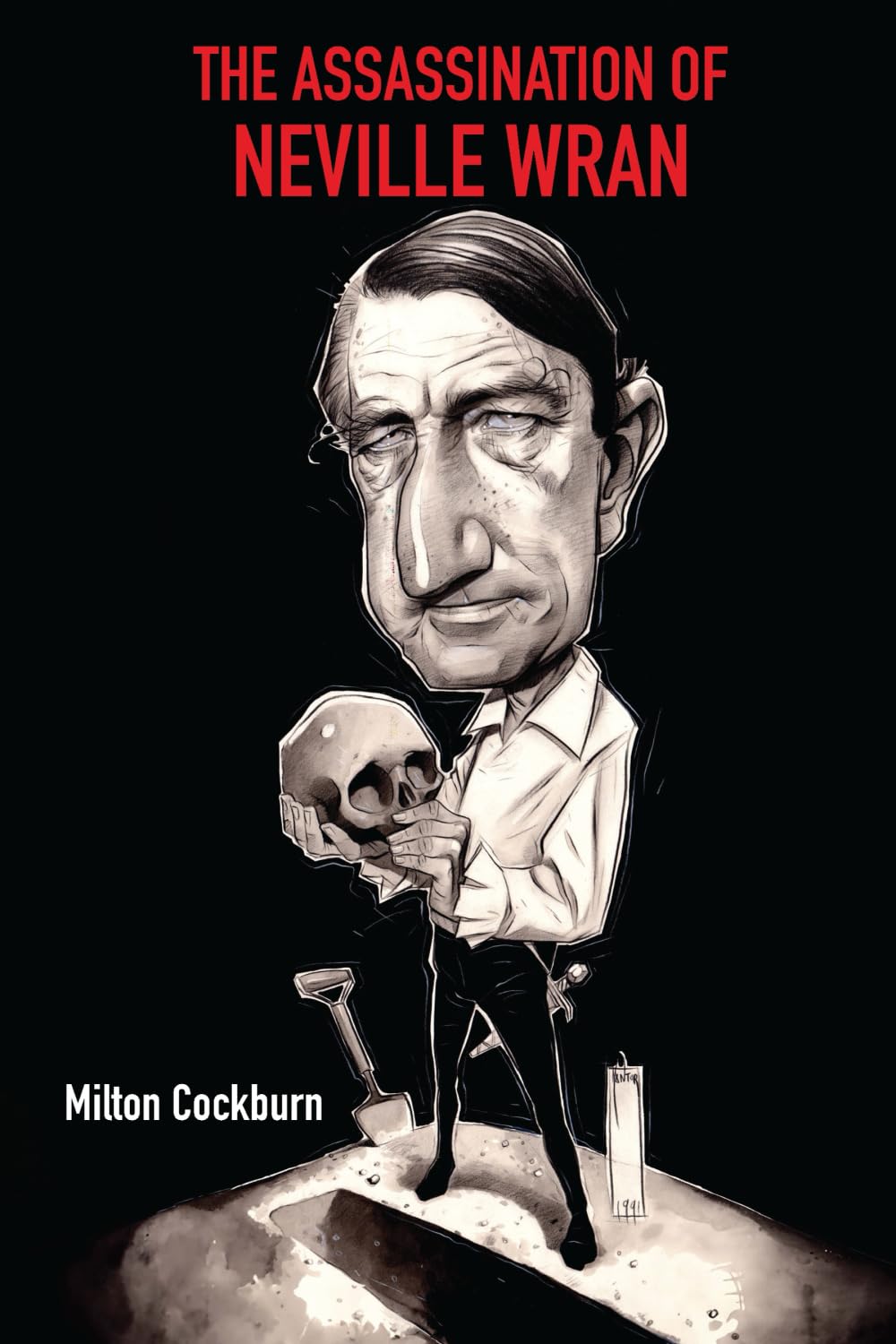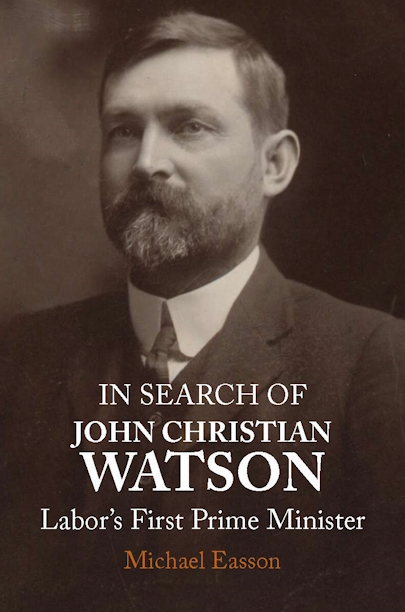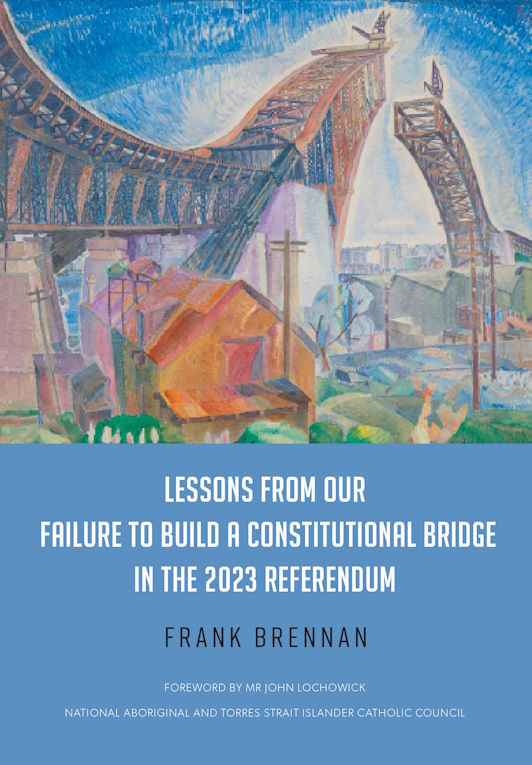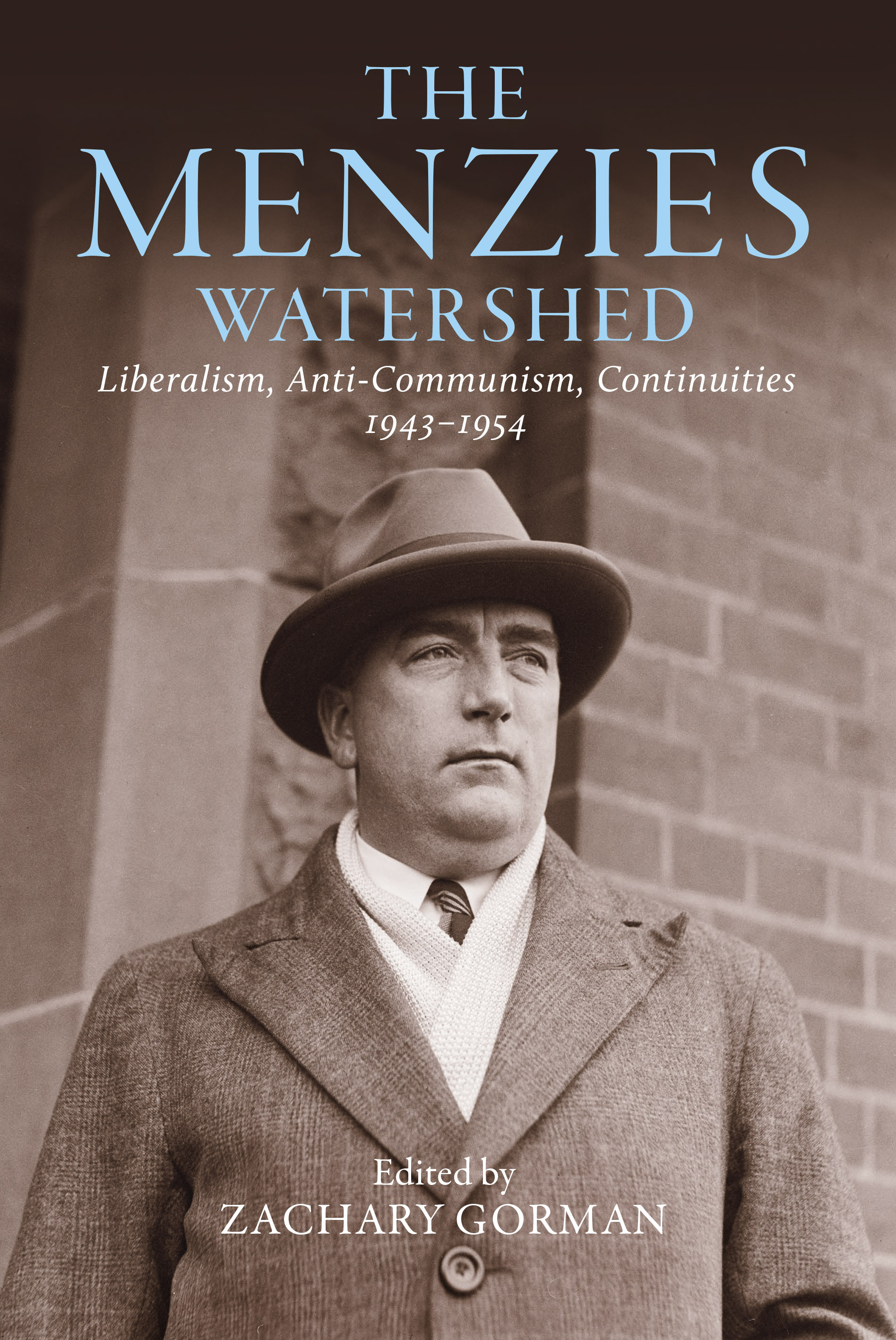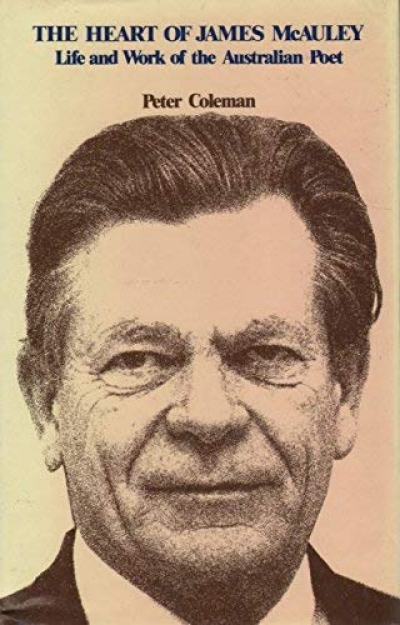Connor Court Publishing
In Search of John Christian Watson: Labor’s first prime minister by Michael Easson
by Lyndon Megarrity •
Lessons from Our Failure to Build a Constitutional Bridge in the 2023 Referendum by Frank Brennan & The End of Settlement by Damien Freeman
by Dominic Kelly •
The Menzies Watershed edited by Zachary Gorman & Menzies versus Evatt by Anne Henderson
by Patrick Mullins •

